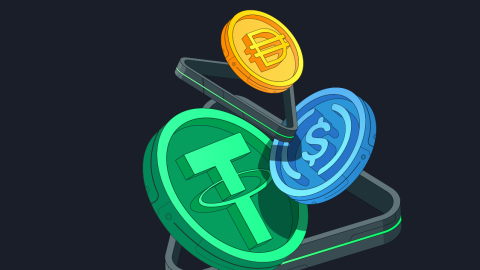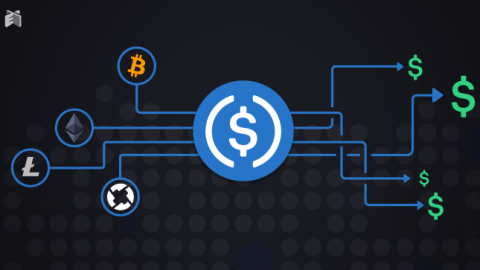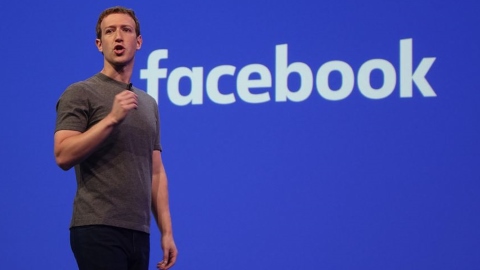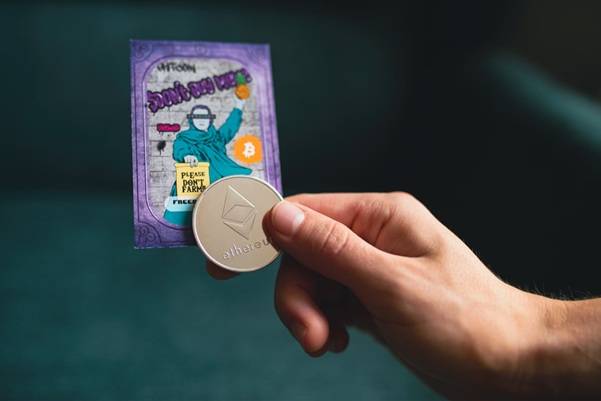
Similar Posts

Unveiling the Ownership Paradox: How Blockchain Games Are Redefining Digital Property Rights
Digital asset ownership is crucial in blockchain gaming, influencing its progress and challenges. A recent survey by Emfarsis in collaboration with the Blockchain Game Alliance revealed that 71.1% of industry professionals see ownership as the top benefit of blockchain tech. While ownership allows players to trade and monetize in-game items, many games still follow a free-to-play model, limiting engagement. The paradox lies in ownership acting as both a defining feature and a barrier to entry. As the industry evolves, developers must focus on enhancing gameplay experiences and addressing onboarding issues to attract a broader audience while highlighting ownership’s value.

Unlocking the Future: Why Blockchain Will Outshine Crypto Disruption by 2025
By 2025, blockchain technology is expected to transform numerous industries beyond its initial cryptocurrency applications. Its decentralized architecture enhances transparency, security, and efficiency, driving market growth to an estimated $39.7 billion. In finance, blockchain will reduce transaction costs significantly and expedite cross-border payments. In healthcare, it will improve patient data management and drug safety. Supply chain management will benefit from enhanced visibility and authenticity verification. Additionally, blockchain will impact education, voting systems, and entertainment by ensuring secure credential verification and fair revenue distribution. Organizations that embrace these advancements will be well-positioned for future success.

Circle Acquires Tokenized Money Market Fund Hashnote: A Game-Changer in Digital Finance
Circle plans to fully integrate its USYC stablecoin with USDC, valued at $48 billion, positioning USYC as a prominent yield-bearing collateral in the crypto space. CEO Jeremy Allaire highlighted this integration as pivotal for the stablecoin market, enhancing liquidity and fostering institutional adoption. The partnership with DRW aims to improve liquidity and settlement for both USDC and USYC. Additionally, Circle is set to introduce native USDC on Canton, a public blockchain used by major financial institutions. These developments are seen as crucial for the evolution of tokenized finance and the future of the global financial system.

Revolutionizing Global Payments: How Blockchain is Set to Transform Financial Transactions
Binance has highlighted the transformative potential of blockchain technology in revolutionizing global payment systems, addressing inefficiencies in traditional financial infrastructures that have remained unchanged for over 50 years. Joshua Wang from Binance asserts that blockchain provides a new, globally-enabled framework for payments. The technology is enhancing daily finance by enabling faster transactions, improving security, and expanding global reach for cross-border payments. As adoption increases, Binance anticipates continued momentum for blockchain solutions, emphasizing their importance for consumers and businesses seeking more efficient and secure payment methods. Blockchain is poised to reshape the future of global payments significantly.

Meta Explores Stablecoin Solutions for Seamless Payouts: Latest Report Insights
Meta, formerly known as Facebook, is exploring the integration of stablecoins to enhance payment systems on platforms like Instagram and WhatsApp. This initiative aims to streamline transactions and reduce fees, potentially revolutionizing payment methods. The company is in talks with crypto infrastructure players and may adopt a multi-token strategy, possibly supporting stablecoins like Tether’s USDt and Circle’s USDC. Meta has appointed Ginger Baker as Vice President of Product for fintech and payments to drive this effort. Despite previous challenges with its crypto ventures, changing regulatory dynamics could influence Meta’s approach to integrating digital currencies.

Discover the Top 5 Web3 NFT Marketplaces to Invest in 2025
Web3 marketplaces are transforming digital asset engagement, expanding from digital art to collectibles and virtual real estate. This article highlights five leading platforms for NFT transactions:
- Magic Eden: A cross-chain marketplace with low fees and multi-chain support.
- OpenSea: A pioneer offering diverse assets and advanced trading tools.
- Rarible: A community-driven platform enabling easy NFT creation and governance through the $RARI token.
- Blur: Known for zero trading fees and rapid transactions, though less beginner-friendly.
- SuperRare: Focuses on high-quality digital art with curated collections.
Each platform caters to different user needs and preferences.
